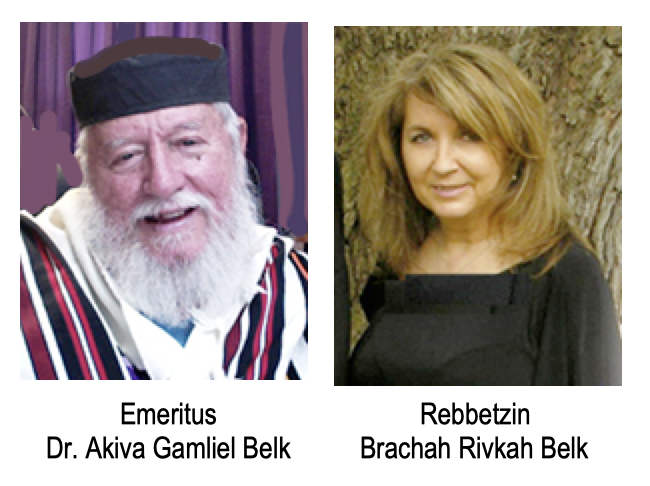Mussar – Shalom Bayit 8
Mussar – Shalom Bayit
For piety, fear of the Eternal, love of the Eternal, and purity of heart are not that deeply rooted within a person not to necessitate the employment of methods for their acquisition. In this respect they differ from natural states such as sleep and wakefulness, hunger and satiety, and all other natural instincts. Rather the acquisition of these qualities definitely requires various methods and devices. Furthermore, while there are many factors, operating to distance piety from us there are many elements that can counter these factors. Could it be then, conceivably, not be necessary to expend a great deal of time upon this study in order to know these truths and the means to acquire and keep them? How will this wisdom enter a person’s heart if he will not seek it? Moshe Chaim Luzzatto. The Path of the Just Feldheim page 3
There is a story told about the Chofetz Chaim.
At one time, he was asked how he was able to have such a great impact on the Jewish world. This is how he answered:
I set out to change the world, but I failed. So I decided to scale back my efforts and only influence the Jewish community of Poland, but I failed there, too. So I targeted the community of my hometown of Radin, but I achieved no greater success. Then I gave all my effort to changing my own family and I failed at that as well. Finally, I decided to change myself and that’s how I had such an impact on the Jewish world.
We can change our world if we first change ourselves. We can change our home into a peaceful, holy place if we first seek to change ourselves. So let’s take a look at one of the most difficult places, one of the hardest areas to change our own behavior. That place is in our homes.
Shalom Bayit literally means, Peace in the Home, and very often the phrase is used to refer to its basic meaning, that of promoting domestic tranquility; principles like don’t go to bed angry.
The root of Shalom is the verb Shalem which means to complete or to make whole. Shalom means more than just a cessation of hostilities. It requires a sense of completeness and wholeness. Therefore, for true Shalom to exist there needs to be a healing of whatever was broken in the relationship so that the relationship returns to wholeness; to a sense of harmony and a state of unity.
The art of Shalom Bayit is knowing how to pick our battles; which issues are worth fighting over and which ones we just need to let them pass. Sometimes Shalom Bayit calls upon us to just hold back and swallow our emotions, for the sake of the harmony.
Shalom Bayit is a Jewish value in which the home is considered a sacred place. The home is the site of many mitzvot, i.e. keeping Shabbat, observing the holidays, Torah study, etc.
We cannot have Shalom Bayit if we first look to improve our mate. Our first look must be at ourselves, only then can we, perhaps, say something to our mate.
He who conceals his sins will not succeed, but he who confesses and abandons [them] will obtain mercy. Mishlei (Proverbs) 28.13
I Form light and Create darkness Yeshayahu (Isaiah) 45.7
Formation is something from something.
Creation is something from nothing.
Darkness has no relationship with G-d.
Light emanates from G-d’s Presence.
I Make peace and Create evil. Yeshayahu (Isaiah) 45.7
Making refers to the completion of a concept.
So we equate evil with darkness.
Darkness, Constriction, allows for the existence of a finite world where G-d’s Presence is undetectable and thus allows both good and evil to exist and operate freely.
Evil exists for the sole purpose of being transformed into good. Each positive act that we do takes a bit of evil out of this world. Through our struggle we attain Shalom. We are then unified with creation and with G-d.
Jerusalem is actually spelled Yerushalem Yireh Shalem
On a deeper level, Yireh Shalem has an alternate meaning: Complete awe. You see, on a soul level, Jerusalem is not just a patch of hilly earth or a dot on a map. It is that special place within each and every one of us where we are one with G‑d and deeply in tune with His Presence. Yireh Shalem (or Jerusalem) therefore means complete awe, a state where one is so in touch with G‑d as to be in constant rapture.
This is what every soul longs for. To dwell in G-d’s Presence, to find joy and peace and have all needs met.
This is what we hope for in our homes as well. Peace and harmony. Each of us should endeavor to provide what the other needs, without being asked sometimes. Communication is always needed. This needs to be done with respect. We should listen intently, think over what the other said and then respond.
To have Shalom Bayit, to have a peaceful soul we must be willing to change ourselves. Mussar practices will assist us with this challenge.

Blessings and Peace
Rebbetizin Revi Belk

